The most important minerals for maintaining optimal cellular function are sodium, potassium, and magnesium. It is required for several metabolic reactions and is necessary for the health of many organs and body systems. Magnesium benefits our muscles, blood vessels and cardiac system, brain, and even bone tissue. Over 300 enzymes rely on magnesium to function properly, and their cell functions range from cellular maintenance to protein synthesis.
See Also: purpose and advantages of viagra for women need and advantages of viagra for women
Magnesium has been used to treat a variety of health conditions over the years, including preeclampsia, muscle cramps, arrhythmia, migraine, hypertension, and even stroke and other serious problems. However, more than half of Americans do not consume magnesium correctly or do not consume it at the recommended daily levels.
Magnesium-rich foods are the best way to increase our daily magnesium intake. Our recommended daily intake is 420 mg for men and 320 mg for women, which is not difficult to achieve if we eat a well-balanced diet.
Rice Bran
Rice bran can be used in a variety of ways, including breakfast cereals and baked goods. Whole-grain foods have the advantage of retaining the germ and bran, which contain nutrients such as phytosterols, tocotrienols, and a significant amount of dietary fiber. What about magnesium, though? A single cup of rice bran, which is approximately 118 grams, contains approximately 992 mg of magnesium, which is far more than your daily requirement.
Almonds
If we're talking about nuts, we can't leave out almonds, which are possibly the most nutritious. Almonds contain fiber, vitamin E, manganese, magnesium, and even protein. They also add healthy fats to your diet, which have antioxidant and anti-inflammatory properties that can help reduce your risk of cancer. A half-cup of almonds contains no less than 215 mg of magnesium.
The Prickly Pear
Prickly pear is also known as tuna, Nopal cactus tree, or simply nopal. It is a unique fruit native to the Americas. It is essentially the fruit of cactus trees and is high in nutrients such as vitamins B, and C, calcium, magnesium, potassium, and flavonoids, among others. Each cup of prickly pear contains more than 125 mg of magnesium, which improves not only your cardiovascular function but also your immune function, digestion, and even your risk of certain degenerative diseases like Alzheimer's.
Garbanzo Beans
Garbanzo beans are another tasty legume high in magnesium. It is used in a variety of dishes around the world, and it is the primary ingredient in hummus. Garbanzo beans have a high fiber content and a high protein content. However, you also get a variety of vitamins and minerals such as zinc and magnesium. Each cup of garbanzo beans contains 160 mg of magnesium, which is significant when combined with other magnesium-rich foods.
Turkey
What if you're looking for meat that's high in magnesium? Turkey should be your first choice, especially if you're trying to improve your heart health and want to avoid all of the extra fat found in other types of meat. Phosphorus, zinc, and selenium are also abundant in Turkey. Depending on the size, one breast of this meat should provide around 300 mg of magnesium.
Cocoa Powder
Cocoa powder, the famous chocolate powder, has the same health benefits as chocolate but without added sugar. It's a healthy combination of antioxidants, flavonoids, and magnesium. A cup of cocoa powder (about 86 grams) contains 430 mg of magnesium.
Peanuts
If you can't afford or don't like almonds, peanuts are a magnesium-rich alternative. Half a cup of roasted peanuts contains about 275 mg of magnesium. They contain phosphorus, manganese, and copper, and they are one of the best sources of biotin in the world.
Pumpkin Seeds
When roasted with a little salt, these seeds taste fantastic. They can be both a tasty treat and a nutrient-dense snack. If you eat half a cup of roasted pumpkin seeds every day, you will get 382 mg of magnesium, which is close to the recommended daily intake for men and more than the recommended daily intake for women. They also have a high concentration of zinc and antioxidants. When roasting pumpkin seeds, do not cook them for more than 20 minutes because this will cause a series of molecular changes in the nutrient molecules.
Corn
It is both inexpensive and delicious, but it also contains a variety of nutrients, ranging from vitamin B to fiber and minerals like magnesium. Corn will improve your bowel movements; it is a staple food high in carotenoids and antioxidants. One cup of corn contains more than 200 mg of magnesium, which is significant given its low cost and ease of preparation.
Brazil Nuts
The Brazil nut is another beneficial seed. Selenium, a mineral that is not very common in foods, is regarded as a rare trace mineral, and it has a remarkable antioxidant property. Half a cup contains 250 mg of magnesium. Brazil nuts are therefore considered to be anti-cancer foods and may even elevate your mood.
Radish
This edible root gives salads a unique and smoky flavor that goes great with them. Due to their diuretic properties, they encourage and boost the kidneys' ability to produce more urine. As a result, they may provide you with additional magnesium while assisting in maintaining your blood pressure under control. For every cup of radishes, you would receive close to 200 mg of magnesium. It's a good idea to keep them on hand and learn a few delectable recipes because they can be used to treat urinary tract infections.
Spinach
There are many different nutrients in green leafy vegetables, but none compare to spinach. This superfood is loaded with calcium, iron, potassium, vitamin C, vitamin A, and magnesium. You will get at least 160 mg of magnesium from one cup of spinach. So if you want to increase your intake of magnesium, think about adding spinach and radish to your next salad.
Black Beans
Black beans are yet another readily available legume. This one will provide you with plenty of fiber and phytoestrogens in addition to a good source of magnesium. Nearly 120 mg of magnesium can be found in just one cup of black beans.
Bananas
Another well-known, inexpensive food that is also very handy. People typically look for bananas when they need an additional source of potassium, but they don't realize that they also contain a significant amount of magnesium. The amount of magnesium in one cup is approximately 100 mg, and they also offer prebiotics, which are carbohydrates that support a balanced gut microbiota.
Pumpkin Seeds
If you roast these seeds and add a little salt, they taste fantastic. They can be both a delectable treat and a wholesome snack. A whopping 382 mg of magnesium can be obtained daily from just half a cup of roasted pumpkin seeds, which is more than the recommended daily intake for women and close to the recommended intake for men. Additionally, they are rich in antioxidants and zinc. As a word of caution, roast pumpkin seeds for no longer than 20 minutes as doing so will result in a number of molecular changes to the nutrient molecules.
conclusion
including These Foods in Your Diet
Make careful to eat foods high in magnesium if you have a magnesium deficiency. Good choices comprise:
1. Spinach: One cup of cooked spinach has a magnesium content of roughly 215 mg.
2. Magnesium-Rich Oats: To make your own magnesium-rich oats, combine two cups of rolled oats with one cup of unsweetened almond milk, one teaspoon of honey, and one-fourth cup of finely chopped fresh parsley.
3. Brown Rice: Each cup of brown rice has 320 milligrams of magnesium.
4. Almonds: Almonds contain significant amounts of magnesium,
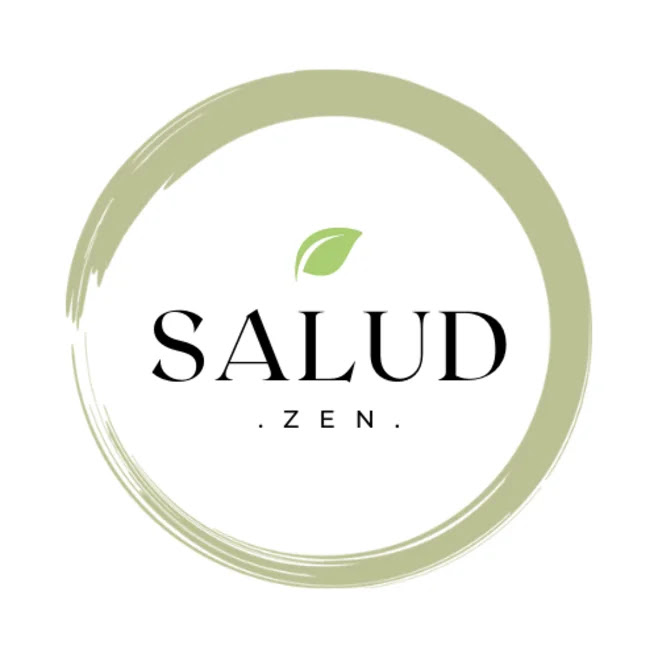
.webp)
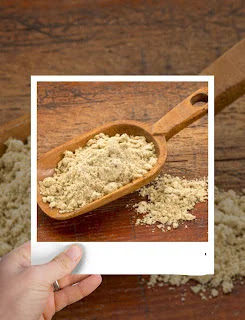
.webp)

.webp)
.webp)
%20(1).webp)
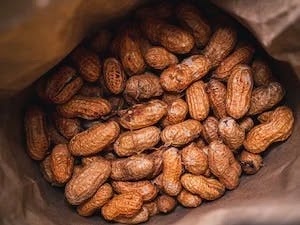
.webp)




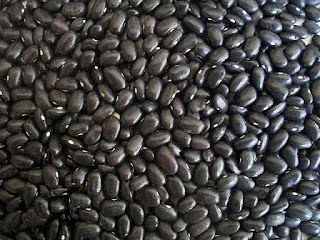
.webp)
%20(1).webp)

.webp)


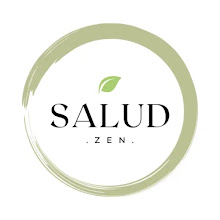


0 Comments